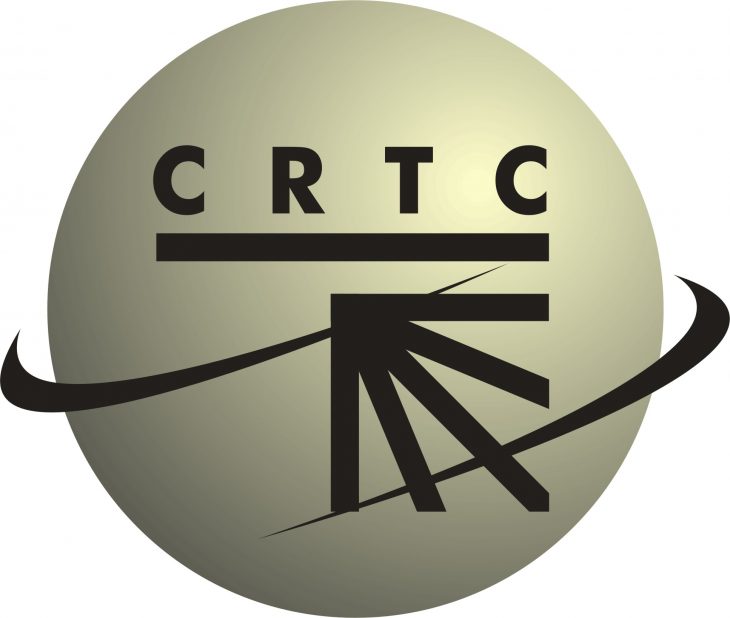
OTTAWA — Somebody owes Telus some money. Maybe it’s Rogers and Bell. Or it could be the consumer groups l’Union des consommateurs and (to a lesser extent) the Public Interest Advocacy Centre (PIAC). Either way, Telus should be getting back about $1,700 as a result of a decision rendered Wednesday by the CRTC.
Back in May 2019, after the Commission denied PIAC’s request for clarification on the device unlocking rules set out in the Wireless Code, the CRTC did approve an application by l’Union and a separate application by PIAC for the awarding of costs related to their participation in the proceeding.
At the time, the CRTC followed its standard practice of using the telecommunications operating revenues (TORs) of the costs respondents (i.e. Bell, Rogers and Telus) to determine the allocation of responsibility for the payment of costs to the consumer groups. On that basis, the CRTC directed Telus and Rogers to pay l’Union $1,419.97 (51.4%) and $1,342.53 (48.6%), respectively. In the case of PIAC, the CRTC directed Telus, Rogers and Bell to pay $1,606.14 (37.2%), $1,518.55 (35.2%) and $1,192.97 (27.6%), respectively.
In the awarding of costs to l’Union, only the two largest costs respondents, in terms of TORs, were required to pay costs. If Bell had been included, its payment portion would have been less than $1,000, and the Commission had previously said, when awarding costs to l’Union, “the Commission considers $1,000 to be the minimum amount a costs respondent should be required to pay due to the administrative burden that small costs awards impose on both the applicant and costs respondents”.
In August 2019, after it had already paid l’Union and PIAC the required cost amounts, Telus submitted an application requesting the CRTC review and vary the costs awards decisions it issued in May. Telus argued in its application that it shouldn’t have been named as a costs respondent in the first place, it was denied procedural fairness because it wasn’t given notice it could be named as a costs respondent, and even if it was properly determined that Telus was a costs respondent, the Commission should have determined the allocation of costs on the basis of wireless service revenues, and not on the basis of TORs.
On Wednesday, in its Telecom Decision CRTC 2020-33, the Commission denied Telus’ first two arguments, but agreed that it should have used wireless service revenues as the basis for its allocation of responsibility for the payment of costs to l’Union and PIAC. As a result, the CRTC announced in its decision a reallocation of the payment of costs in proportion to the wireless service revenues of Rogers, Bell and Telus.
The Commission now says that Rogers and Bell should pay l’Union $1,464.13 (53.0%) and $1,298.37 (47.0%), respectively. (On the basis of wireless service revenues, Telus would be the costs respondent required to pay less than $1,000 if included in the allocation formula, and is therefore excluded from having to pay l’Union.) As for PIAC’s costs, Rogers, Bell and Telus should pay $1,584.58 (36.7%), $1,407.56 (32.6%) and $1,325.52 (30.7%), respectively, the Commission now says.
Given that Telus has already made payments to l’Union and PIAC, the Commission says the reimbursement to Telus can be achieved two ways:
- If Bell and Rogers have already paid the required amounts to l’Union and PIAC, in order to minimize the administrative burden, the Commission directs Rogers to pay Telus the amount of $187.63 and Bell to pay Telus the amount of $1,512.96.
- However, if either Bell or Rogers have not already paid the amounts required in either of the orders, the Commission directs l’Union and PIAC to return any funds already received, and then Bell, Rogers and Telus should pay l’Union and PIAC in accordance with the new varied allocations determined by the Commission in today’s decision.
The Commission concludes by saying: “The Commission considers that this decision, which results in the reallocation of responsibility for the payment of costs between WSPs [wireless service providers], is not a situation in which the 2019 Policy Direction is directly applicable. However, the decision can, in part, promote consumer interests, since the consumer groups, to the extent possible, are not unnecessarily burdened by having to refund any costs already received as a result of the reallocation of costs, and there is simply an accounting of costs between the WSPs.”



